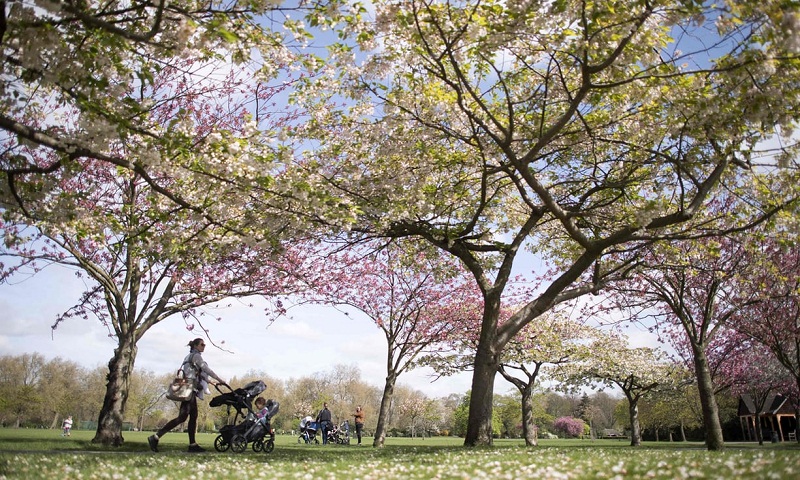Volunteers will need to help preserve London’s parks as funding is withdrawn

An army of green volunteers should be recruited across London to protect and preserve parks as some local authorities plan to withdraw all funding by 2020. Parks and green spaces make up half of the capital, but they face an uncertain future as funding is cut and their management is taken over by a diverse collection of organisations, a report said on Wednesday. Members of the environment committee of the London Assembly called for the appointment of a green champion and the recruitment of volunteers – particularly young people – to act as the caretakers of London’s parks. The report also called for local authorities to explore new sources of income rather than rely on increasing the commercial use of the green spaces to bring in funds. These include:, crowdfunding, seeking philanthropic donations and setting up joint ventures in which other sectors contribute funds because parks are beneficial to mental and physical wellbeing. Sue Morgan, CEO of the Wandle Valley Regional Trust said in the report: “We need a champion, an advocate, somebody who really understands the social, economic, and environmental benefits of green infrastructure.” The report recommended that the London mayor, Sadiq Khan, should help build a team of volunteers as caretakers of the capital’s parks. “Local communities need to be an integral part of London’s green spaces. “Voluntary groups have a long history of supporting green spaces, and interest in these has ‘mushroomed’ over the past couple of years, according to Tony Leach, CEO of Parks for London. There are now over 600 Friends Groups across London organising events,” the report said. Young people represented huge untapped potential, the report said. “In a 2015 survey, nearly 70% of young people across the UK stated they could be motivated to volunteer to create community spaces, but only 7% of them actually did volunteer,” it said. Some local authorities told the committee their parks would have to be self-funding in three years’ time. The report said local authorities should remain as the owners of public parks but be helped to find alternative ways of funding them. Commercial activities were growing in London’s parks, with a 20% increase in major events attracting up to 50,000 people held throughout the year. But the report said these events, while bringing in much-needed income, led to many objections about the increasing commercialisation of London’s green spaces and there was evidence that they damaged the natural environment.
Read More:

